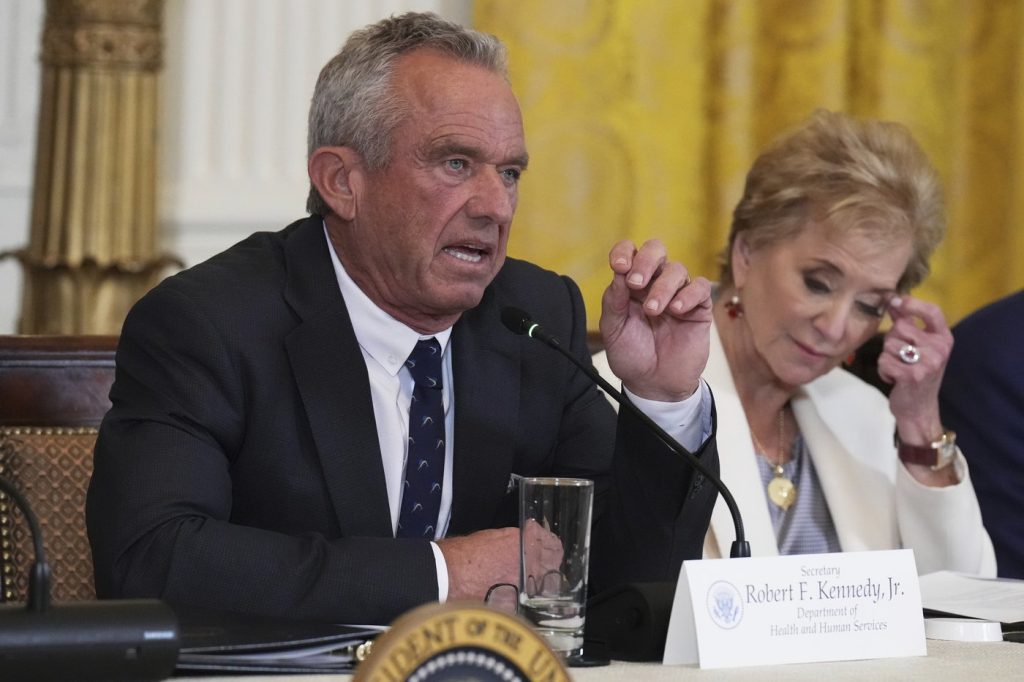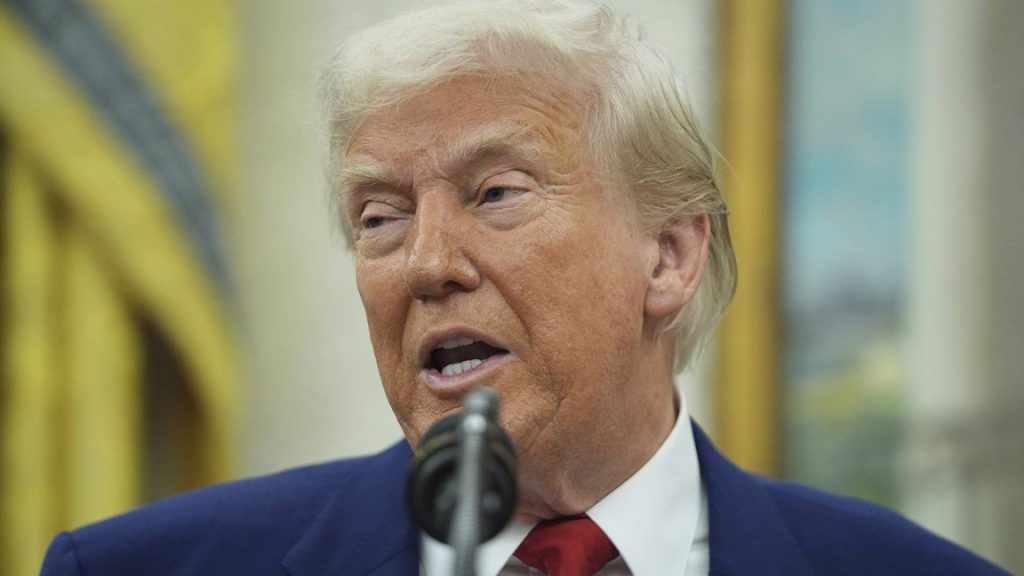The White House announced plans to rectify errors in a controversial report titled “Make America Healthy Again,” led by U.S. Health and Human Services Secretary Robert F. Kennedy Jr.. The report, which criticizes various aspects of America’s food supply, pesticides, and prescription drugs, has drawn significant attention and scrutiny since its release.
Upon its release last week, the report referenced hundreds of studies. However, a detailed examination by the news organization NOTUS uncovered that several of these studies were non-existent. NOTUS highlighted that out of the over 500 studies cited in the report, at least seven could not be found in any academic publication. In some instances, study authors confirmed their work had been misrepresented or inaccurately cited in the report.
When questioned about these issues, White House Press Secretary Karoline Leavitt confirmed that the government plans to update the report to correct the identified formatting and citation errors. Leavitt emphasized that these corrections would not undermine the report's overall substance, describing it as “one of the most transformative health reports that has ever been released by the federal government.” In stark contrast to criticism surrounding the report, Leavitt stated the White House has “complete confidence” in Kennedy.
HHS spokesman Andrew Nixon reiterated the administration's view, referring to the report as a “historic and transformative assessment” of the chronic disease epidemic facing American children. Despite the reported errors, the government's commitment to the report's findings appears steadfast. Sec. Kennedy has positioned himself as an advocate for “radical transparency” and “gold-standard” scientific practices within public health agencies, although details about the report's authors and contributors remain undisclosed.
The report has already generated concern among various groups, particularly among Trump supporters and farmers, who expressed discontent about how the report depicted chemicals used in U.S. agriculture. Critics argue that certain characterizations may adversely impact public perception and policy surrounding these agricultural practices.
Moving forward, the White House intends to utilize the findings from the MAHA report to formulate policy recommendations, which are expected to be released later this year. To support the initiatives outlined in the report, the White House has also requested an additional $500 million in funding from Congress for the MAHA initiative. This financial request underscores the administration's commitment to tackle what it identifies as pressing health issues confronting the nation's youth.
In summary, as the White House works to address the report's inaccuracies and ensures the integrity of its content, the discussion surrounding the implications of Kennedy's findings continues to unfold. The administration's ongoing endorsement of Kennedy and the MAHA initiative indicates a strategic focus on reshaping national health policies and prioritizing the well-being of America's children.












